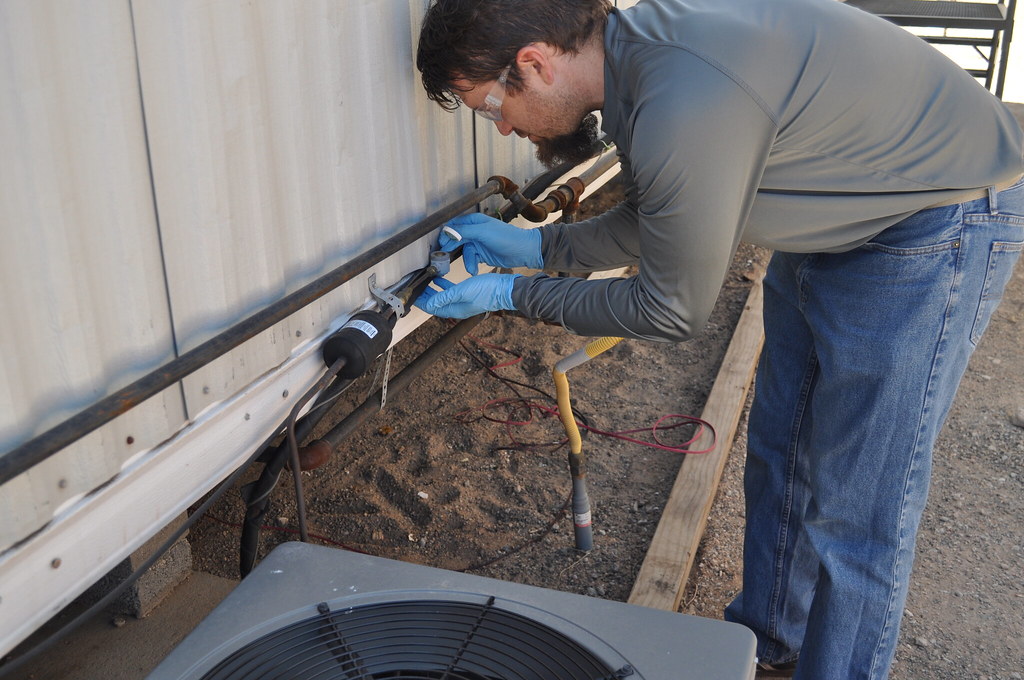Water leakage from your HVAC system can be a frustrating issue. Issues like a dirty air filter, clogged drain line, or a broken condensate pump can cause your air conditioner to leak water. Understanding the common causes and solutions can help you address the problem efficiently. Keep reading to learn more about why your HVAC is leaking water and how to fix it.
Understanding the Basics
Grasping the fundamentals of HVAC systems is crucial for maintaining optimal indoor air quality and preventing issues like an air conditioner leaking water. Let’s dive deeper into the world of heating, ventilation, and air conditioning.
What is an HVAC System?
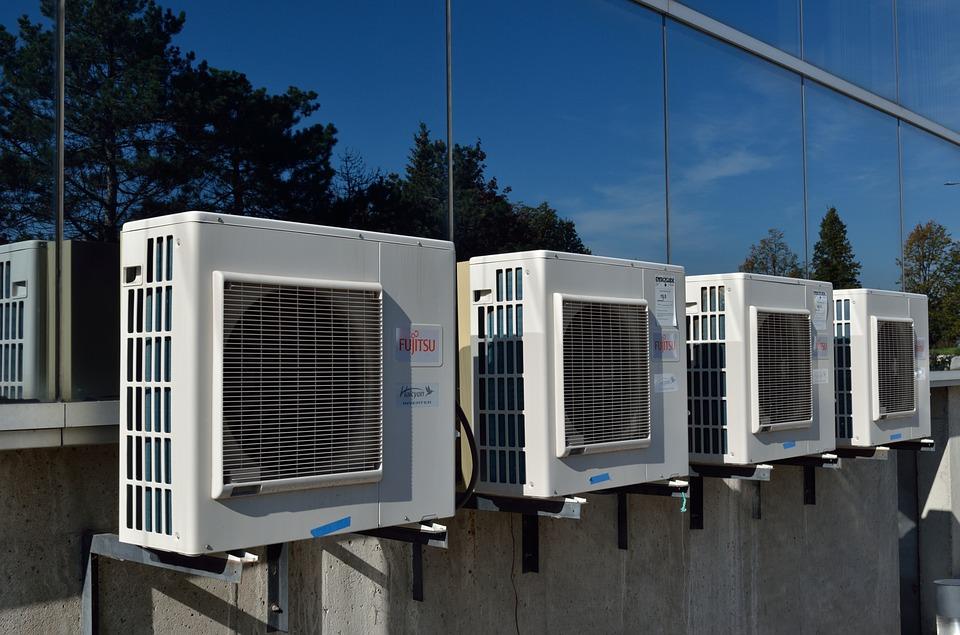
An HVAC system is a complex network of components working in harmony to regulate your home’s climate. It encompasses heating elements, cooling units such as air conditioner units, and ventilation systems that circulate and filter air. This intricate system maintains a comfortable indoor temperature year-round, whether you’re battling a summer heatwave or a winter frost.
How Does an Air Conditioner Work?
Air conditioners operate on a fascinating principle of thermodynamics. The process begins when warm air from your home is drawn into the system. The indoor unit, often referred to as the AC’s inside unit, is where the magic happens. This warm air passes over evaporator coils filled with refrigerant. As the air conditioner cools the warm air, it also dehumidifies it, causing water droplets to form on the cold coils.
Common Causes of Water Leakage
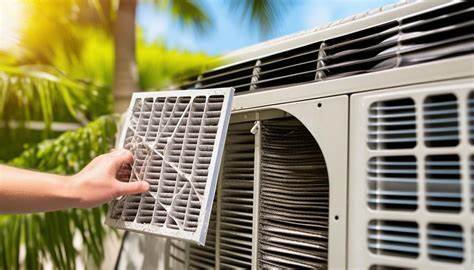
An air conditioner leaking water can be as perplexing as why water droplets form on a cold glass of water on a hot day. Understanding why water forms and the common culprits of air conditioner leaks can help you address the issue effectively, whether it’s your indoor AC unit installed recently or an older system.
- Dirty Air Filter: When a dirty air filter blocks airflow, it can cause various issues throughout the entire unit. A dirty filter impedes the normal airflow, which can lead to the evaporator coil freezing. When this frozen coil melts, it can overwhelm the drain pan, causing the air conditioning unit to leak water. This is similar to how condensation forms on a cold glass of water when warm air blown over it cools rapidly. Using the best air filter and replacing it as recommended can help prevent these issues and maintain optimal airflow.
- Clogged Drain Line: A clogged condensate drain or clogged condensate drain line is a frequent cause of an air conditioner leaking water. Over time, the condensate pan and drain line (often a white PVC pipe) can become clogged with algae, mold, or debris. When this happens, water overflows, causing leaks around your AC unit. You might hear a bubbling noise as water tries to flow through the clogged line.
- Frozen Evaporator Coils: When evaporator coils freeze and then thaw, they can produce more water than the drain system can handle. As the ice melts, it can lead to water dripping or even a significant AC leak from your air conditioning system. This issue can be exacerbated by low refrigerant levels or a refrigerant leak, which causes the coils to get too cold and freeze.
- Damaged Drain Pan: A damaged drain pan can be a sneaky culprit in AC water leakage. As water flows from the coils, it should be caught by the drain pan. However, if the pan is cracked or rusted, water can escape, leading to dripping water and puddles around your unit.
- Malfunctioning Float Switch: A float switch is designed to shut off the AC when the water in the drain pan reaches a certain level. If this switch malfunctions, it may not trigger, allowing water to overflow from the pan.
- Issues with the Outdoor Unit: While most water leakage issues originate from the indoor unit, problems with the outdoor unit can also contribute. For instance, if the outdoor unit isn’t level, it can cause water to flow back into the indoor unit, leading to leaks.
Understanding these common causes can help you diagnose why your AC is leaking water. Remember, whether it’s a small drip or a major leak, addressing the issue promptly can prevent more significant damage to your AC system and home. If you’re unsure about the cause or how to fix it, it’s always best to consult with a professional HVAC technician who can accurately diagnose and resolve the issue.
Related: HVAC Not Cooling? Here are some easy fixes.
Components Involved in Water Leakage
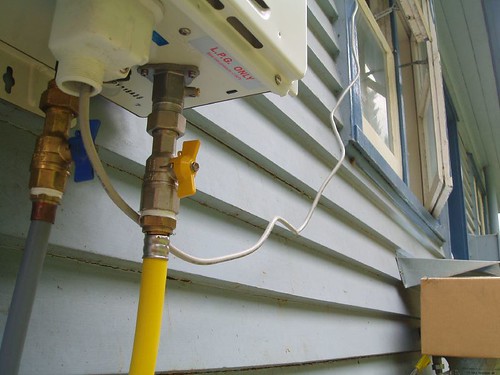
To better understand why your air conditioner is leaking, it’s important to familiarize yourself with the key components that might be involved.
Evaporator Coil
The evaporator coil is where the air conditioner cools the warm air. If it becomes too cold and freezes, or if it’s dirty and can’t effectively transfer heat, it can lead to water leakage issues as ice forms and then melts.
Drain Pan
Drain pans catch the condensation as it drips off the evaporator coils. If the pan is damaged or misaligned, it can cause the water to overflow, resulting in a leaking AC unit.
Condensate Pump
In systems where gravity alone can’t remove water effectively, a condensate pump is used. If this pump breaks, water can back up and leak from your AC system.
Signs of Water Leakage
Recognizing the early signs of water leaking from your air conditioner can help you address the issue before it escalates into a major problem. Understanding why water forms in your AC system is crucial for effective troubleshooting.
- Water Droplets
If you notice water droplets forming around your indoor AC unit, it’s a clear sign that something isn’t right. This could indicate a problem with the drain pan, condensate line, or overall system operation. Water form on surfaces near your AC unit is often the first indicator of a developing issue. - Wet Mess
Finding puddles or a wet mess around your HVAC system is a telltale sign of water leaking. This could be due to overflow from the drain pan, a clogged condensate line, or other issues affecting the whole AC unit. A persistent wet area near your AC can lead to property damage if not addressed promptly.
Diagnosing the Problem
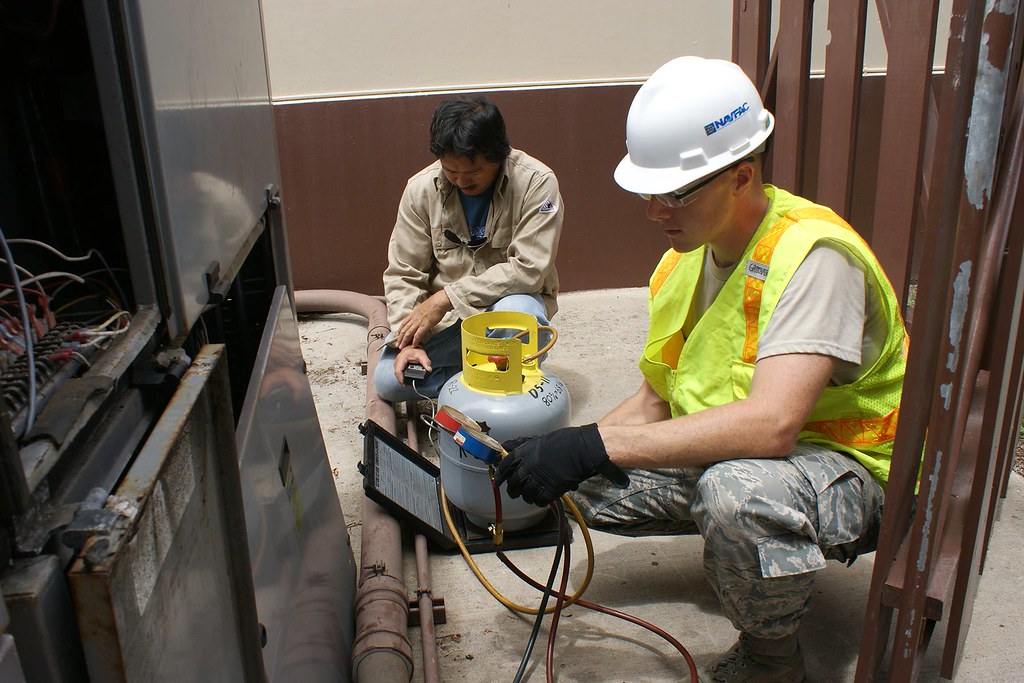
Accurately diagnosing the cause of AC water leakage requires a systematic approach and careful observation of both the indoor and outdoor units. Understanding why water forms excessively in your system is key to solving the problem.
Checking the Air Filter
Start by inspecting your air filter. If a dirty air filter blocks normal airflow, it can lead to numerous issues, including water leaks. A clogged filter can cause the evaporator coil to freeze, leading to water formation when it thaws.
Inspecting the Drain Line
Examine the condensate drain line for any visible clogs or damage. A properly functioning drain line allows water to flow freely, preventing leaks. Blockages in this line are a common reason why water forms puddles around your AC unit.
Preventative Measures and Regular Maintenance
To keep your system running smoothly, schedule annual maintenance with a qualified HVAC technician. They can explain in detail why water forms in different parts of your AC and how to manage it properly. During a maintenance visit, technicians will:
- Clean the evaporator coils to ensure efficient heat transfer and prevent excess water formation
- Check refrigerant levels, as low levels can cause the coils to freeze and then drip excessively when they thaw
- Clear the condensate line to prevent clogs that could lead to water backing up and leaking
- Inspect the drain pan to ensure it’s catching water as the coil drips
- Identify potential issues that could cause water to form in unwanted areas or lead to leaks
Regular AC maintenance not only prevents leaks but also ensures your AC operates at peak efficiency, saving you money on energy bills and extending the life of your system. By understanding how and why water forms in your AC, you can better appreciate the importance of these preventative measures.
Impact of Neglecting Water Leaks
Ignoring a leaking AC unit can lead to serious consequences that extend beyond just a malfunctioning cooling system. Understanding why water forms and how it affects your entire unit is crucial.
- Mold Growth: Persistent moisture from AC leaks creates an ideal environment for mold growth. This can occur not only where you see water dripping but also in hidden areas where condensation forms. Mold can damage your home’s structure, including the area where your indoor AC unit is installed, and pose significant health risks to occupants.
- Increased Energy Bills: An air conditioning system that’s leaking water is likely not operating at peak efficiency. This can lead to increased energy consumption as your system works harder to blow warm air out and maintain the desired cool temperature. You might notice your air conditioner unit struggling to cool your home, similar to how a cold glass of water forms droplets in warm air.
- Structural Damage: When water from an AC leak flows unchecked, it can cause extensive damage to your home. This might start with simple water stains but can escalate to weakened floorboards, damaged drywall, or even foundation issues if the outdoor unit is affected.
- Damage to Surrounding Areas: Water dripping or flowing from your AC can damage nearby furniture, carpets, and electronics. It’s not just about the AC leak itself, but the wider impact on your living space.
- Refrigerant Issues: In some cases, what appears to be an AC leaking water might actually be a refrigerant leak. Low refrigerant levels can cause the evaporator coil to freeze. When this ice melts, it can look like a water leak. Refrigerant leaks are serious issues that require professional repair solutions.
- System Breakdown: Continual water leakage can lead to premature failure of various AC components. For example, a damaged drain pan that consistently overflows can corrode nearby parts. Similarly, if water backs up due to a clogged condensate line (often a white PVC pipe), it can cause the float switch to activate repeatedly, potentially damaging the switch or other electrical components.
- Poor Indoor Air Quality: As your AC struggles due to water-related issues, it may not effectively dehumidify your home. This can lead to a muggy feeling indoors and potentially exacerbate respiratory issues for occupants.
- Unusual Odors: You might notice a bubbling noise from your AC unit accompanied by musty smells, indicating standing water and potential microbial growth in your AC system.
- Higher Repair Costs: Neglecting small issues like a minor coil drip can lead to more significant problems over time. What starts as a simple fix can evolve into a costly repair or even full system replacement if left unchecked.
- Inefficient Cooling: When components like evaporator coils are constantly wet due to leaks, they can’t efficiently cool the warm air blown over them. This means your AC works harder for a less cooling effect, impacting both your comfort and your energy bills.
When to Ask for Professional Help and Advanced Solutions
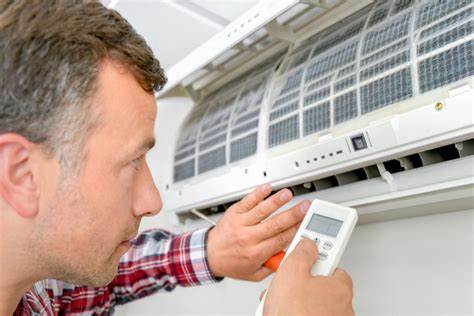
While some AC water leakage issues can be fixed DIY, many require a professional HVAC technician, especially with an old air conditioner. Experts can diagnose why water forms in unexpected places and fix problems like improper installation. They’ll ensure your air conditioning unit operates safely and efficiently. Regular maintenance and professional inspections prevent leaks and extend your HVAC system’s life. Remember, professional help is crucial for addressing complex issues, particularly in older units prone to leaks. By investing in expert care, you’ll maintain optimal indoor comfort and energy efficiency while avoiding damage from unexpected water leaks.
Is your HVAC system showing signs of water leakage? Don’t wait for minor issues to become major problems. Contact Callidus Air today for expert diagnosis and reliable solutions. Our experienced technicians are ready to tackle any AC leak, from simple fixes to complex repairs.

